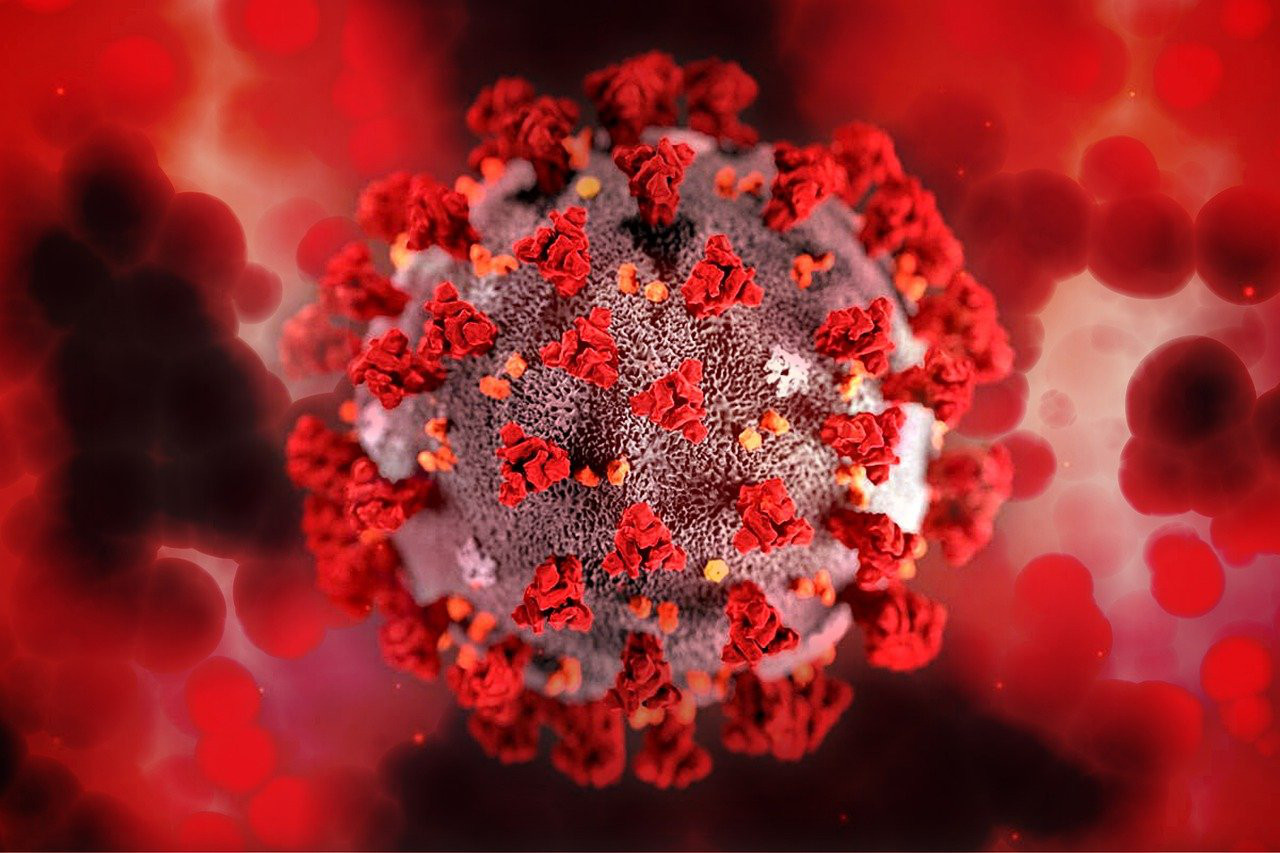Since 2020, the condition known as long COVID-19 has become a widespread disability affecting the health and quality of life of millions of people across the globe and costing economies billions of dollars in reduced productivity of employees and an overall drop in the work force.
The intense scientific effort that long COVID sparked has resulted in more than 24,000 scientific publications, making it the most researched health condition in any four years of recorded human history.
Long COVID is a term that describes the constellation of long-term health effects caused by infection with the SARS-CoV-2 virus. These range from persistent respiratory symptoms, such as shortness of breath, to debilitating fatigue or brain fog that limits people’s ability to work, and conditions such as heart failure and diabetes, which are known to last a lifetime.
Comments closed



